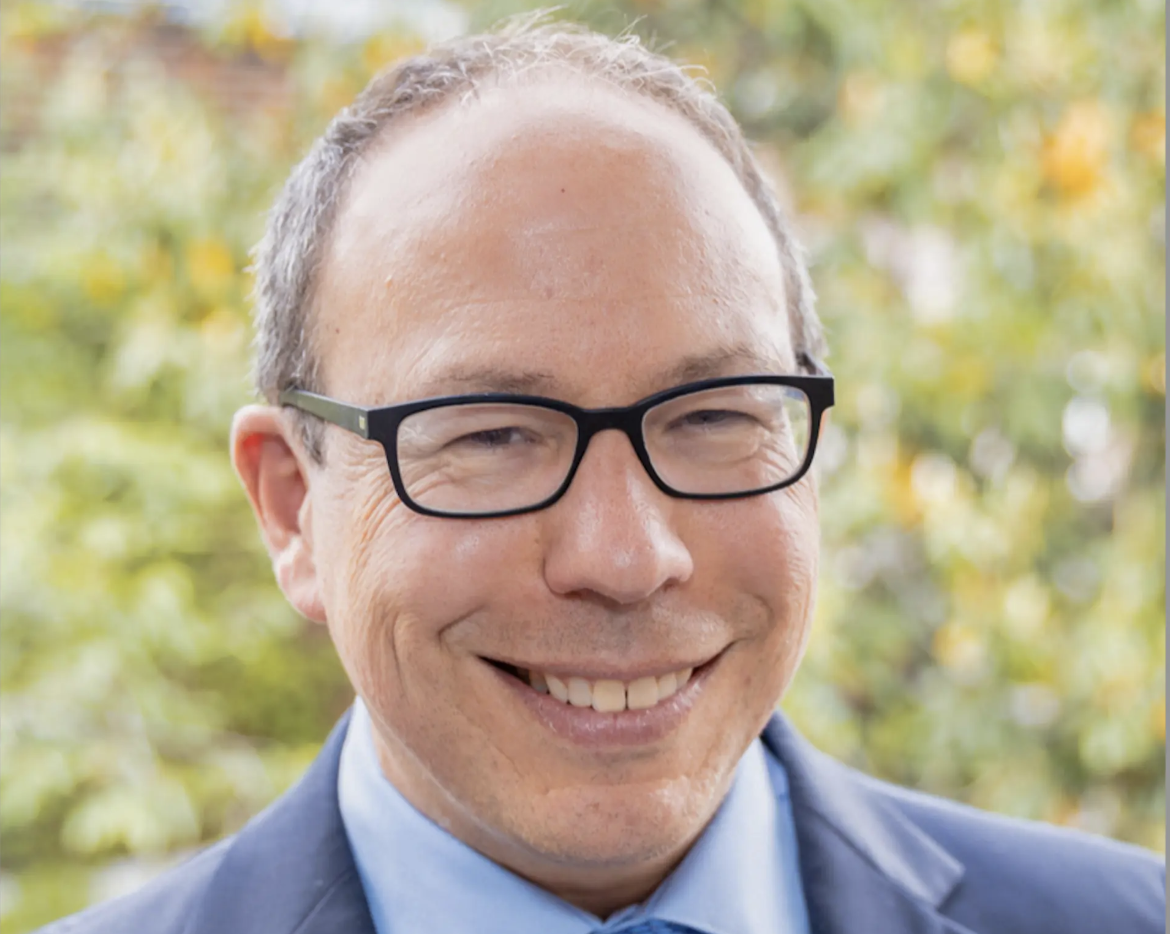The FCC’s New General Counsel: A Section 230 Critic Takes the Helm
A Shift in Focus at the FCC
Table of Contents
Adam Candeub, a prominent critic of Big Tech and its influence on online platforms, is set to become the new general counsel of the Federal Communications Commission (FCC). This appointment, confirmed by FCC chairman Brendan Carr to Semafor, signals a potential shift in focus for the agency.
Candeub’s long-standing opposition to Section 230 of the Communications Decency Act, which shields online platforms from liability for user-generated content, has made him a controversial figure. His appointment raises questions about whether the FCC will prioritize stricter regulations on tech companies and their content moderation practices.
Candeub’s History as a Section 230 Critic
Candeub has consistently argued that Section 230 provides excessive protection to tech giants, enabling them to avoid accountability for harmful or illegal content hosted on their platforms. He believes that repealing or reforming this section would encourage greater responsibility from online platforms and protect users from online harms.
In 2020, Candeub spearheaded an administrative petition urging the FCC to intervene in the ongoing debate surrounding social media content moderation. This petition followed Donald Trump‘s accusations that social media companies were censoring conservative voices after they moderated his false claims of voter fraud in the 2020 election.
The Ongoing Debate Over Section 230
Despite Candeub’s efforts, attempts to curtail Section 230 have faced significant resistance. Recent legal challenges against Google and Twitter, which sought to hold them accountable for allowing content from the Islamic State, were ultimately unsuccessful. The Supreme Court ruled in favor of both platforms, upholding the existing interpretation of Section 230.
However, the debate surrounding Section 230 remains highly contentious. With Candeub’s appointment to the FCC, it is likely that this issue will continue to be a focal point for regulatory scrutiny and public discourse.
Candeub’s Previous Experience in Government
Before joining the FCC, Candeub served as an advisor during the early 2000s and later held key positions within the Trump administration. He worked as Deputy Assistant Secretary of Commerce for Telecommunications and Information and Acting Assistant Secretary. He also served as Deputy Associate Attorney General in the Department of Justice during the final months of Trump’s presidency.
Candeub’s extensive experience in government, coupled with his strong views on Section 230, suggests that he is poised to have a significant impact on the FCC’s agenda. His appointment marks a potential turning point in the agency’s approach to regulating Big Tech and online content.


